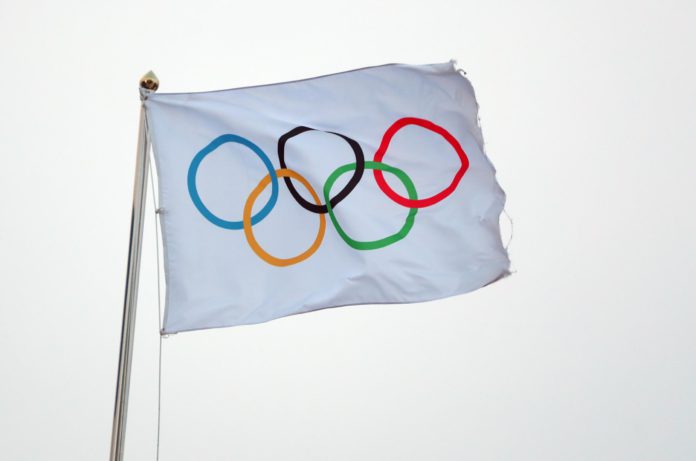Canada became the first country to boycott the Tokyo Games due to the coronavirus pandemic and Australia told its athletes to prepare for an Olympics next year as Japan and the IOC flagged the prospect of a postponement for the first time.
Concerns over holding the Games in July grew over the weekend with major stakeholders such as United States Track and Field and United Kingdom Athletics, along with some national Olympic committees, calling for a delay because of the pandemic.
Canada’s Olympic and Paralympic Committees raised the ante considerably, however, when they said they would not be sending athletes to Tokyo if the Games went ahead as scheduled.
Under mounting pressure to postpone the Games, the International Olympic Committee and Japanese government had on Sunday and Monday partially shifted on their position that the Games would go ahead as planned.
Martin Richard, communications chief for the Canadian Paralympic Committee, said the Canadians had been watching for a decision from the IOC on Sunday about postponing the Games and decided to withdraw when none came.
“The world is facing a crisis and this is more important than any other sport event,” Richard told Reuters from Ottawa.
“We decided that was the right thing to do.”
Richard said for Paralympic athletes, some of whom had underlying conditions, it would be risky to expose them if the virus was not contained.
“We felt it was unethical to have them be put in that position,” he said, adding that Canada had not been alone in applying pressure on the IOC to postpone.
More than 14,600 people have died globally since the coronavirus outbreak began.
On Sunday, the IOC said it would hold discussions over the next four weeks that would include an option of putting back the July 24 start date or even moving the Games by a year or more.
READ ALSO
A projection that reads “Tokyo 2020” is seen during a ceremony marking three years to go before the start of the Tokyo 2020 Olympic games at the Tokyo Metropolitan Assembly Building on July 24, 2017Getty Images
Japanese Prime Minister Shinzo Abe told parliament on Monday postponing the Olympics may become an option if holding the Games in its “complete form” became impossible.
“If that becomes difficult, we may have no option but to consider postponing the Games, given the Olympic principle of putting the health of athletes first,” he said.
Abe also said calling off the Games entirely was not an option, echoing the IOC position in its statement that cancellation “was not on the agenda”.
Tokyo 2020 Olympics chief Yoshiro Mori later said organisers would consider postponement as one of many scenarios they aim to have ready in the next four weeks.
There were no plans to change the start of the Olympic torch relay on March 26, organisers said.
Australia tells athletes to prepare for 2021
Soon after the COC move, the Australian Olympic Committee released a statement saying it had told its athletes to prepare for a Tokyo Games taking place in 2021.
“The AOC (Executive Board) unanimously agreed that an Australian team could not be assembled in the changing circumstances at home and abroad,” read the statement.
“The AOC believes our athletes now need to prioritise their own health and of those around them, and to be able to return to the families, in discussion with their national federations.”
The US Olympic and Paralympic Committee said it would not be commenting on Sunday about Canada’s decision.
Earlier, the USOPC had welcomed the IOC’s statement but said more clarity was needed for athletes.
“The progress reflected in today’s IOC update … is an important step in providing clarity but our athlete community continues to face enormous ambiguity surrounding the 2020 Games in Tokyo,” USOPC chief executive Sarah Hirshland and athletes advisory council chair Han Xiao said in a statement.
The Olympics have never been postponed or cancelled during peacetime but the IOC’s decision to even consider postponement was met with relief from several major stakeholders, including World Athletics, the International Paralympic Committee and major national Olympic committees.
The last major boycott of the Olympics was when the Soviet bloc stayed away from the 1984 Los Angeles Games, although North Korea and Cuba skipped the 1988 Seoul Olympics.

